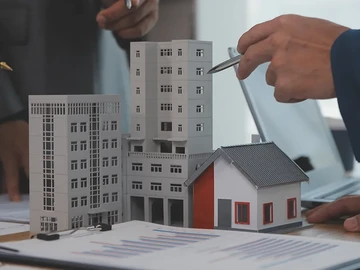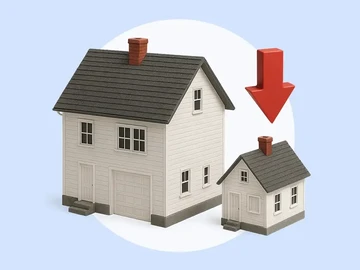From 1960 to 2022 the population of Zimbabwe increased from 3.78 million to 16.32 million people. This growth of 332.1 percent in 62 years has also spurred rural-to-urban migration and put a strain on land, which is an infinite resource.
Property densification, which refers to the process of increasing the population density and building intensity within urban areas is proving to be the panacea to this predicament and has proven to have several impacts on the economy:
Efficient Land Use:
Densification allows for the efficient utilization of land resources. By maximizing the use of available maintenance. space, more people can be accommodated within existing urban areas. This reduces the pressure for urban sprawl and the need for infrastructure expansion into previously undeveloped areas.
Efficient land use can positively impact the economy by reducing the cost of infrastructure development and maintenance.
Improved Urban Infrastructure:
Densification can drive the improvement of urban infrastructure. As the population density increases, there is a greater demand for amenities such as transportation, utilities, and public spaces. This encourages the government and private sector to invest in upgrading and expanding infrastructure networks, which in turn stimulates economic development and improves the overall quality of life for residents.
Enhancing Urban Services: Higher population densities can support the provision of a wider range of urban services. With more residents concentrated in a given area, it becomes feasible to offer amenities such as schools, healthcare facilities, recreational spaces, and cultural institutions. This can attract more people to urban areas, including skilled workers and investors, contributing to economic growth.
Increased Property Values: Densification can lead to increased property values, particularly in desirable urban areas. As demand for limited space grows, property prices tend to rise.
This can benefit property owners and investors, as well as generate increased revenue for local governments through property taxes. Higher property values can also incentivize further development and investment in the area.
Overall, property densification in Zimbabwe can have a positive impact on the economy by promoting efficient land use, stimulating economic activity, improving infrastructure, enhancing urban services, and increasing property values.
However, it is important to balance densification with careful urban planning to ensure that the social and environmental aspects of development are also addressed.
MS REAL ESTATE CONSULTANTS exists to provide comprehensive, nationwide real estate consultancy services in land and building(s) management, sales, evaluation, and development. MS REAL ESTATE CONSULTANTS was incorporated as a company in May 2003. The The registered Agent is Marah Saruchera with a standard qualification in Rural and Urban Planning.
 Continue with Facebook
Continue with Facebook
 Continue with Email
Continue with Email














